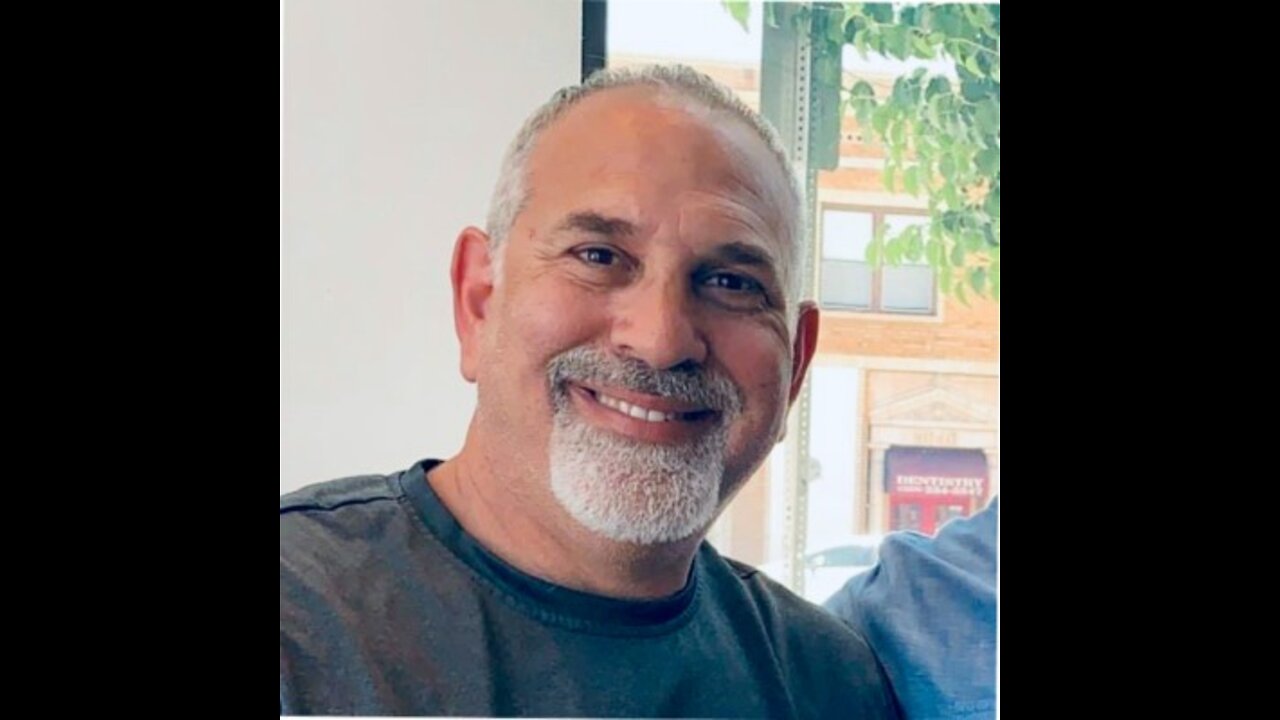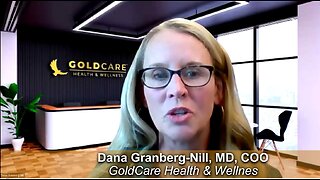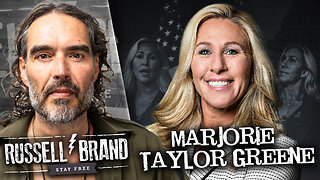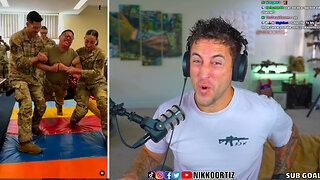Premium Only Content

Telemedicine decreased from its Covid-led surge, how can it retain its Importance in Health Plans?
Nicholas Tarazi - Founder, MedCallPro
my911.com
Because of Covid fear telemedicine exploded in the last couple years - from single digits up to a third of all primary care consultations.
Previous to the hysteria, telemedicine already was rising in importance, as families learned a quick call or Skype to a virtual doctor could get them the advice or prescription that would take otherwise several hours of travel and a Waiting Room - just to get the same advice or prescription.
It’s a little-known fact that 70% of all urgent care and emergency room visits are unnecessary. If those patients had access to a doctor over the phone, more than 95% of those patients would have their health issues resolved on the first call. If the patient needed to call back, he or she would most likely have 100% healthcare resolution.
Why? Most illnesses are really about preventive care. For example, if one has a fever, what should they take? Or, if one has a sore throat, chest congestion, or rash, what should he or she do? Many questions are from parents trying to help their children.
Indeed, with MedCallPro, a family doesn’t even need insurance. Just a simple membership grants that family 24/7 access to care, regardless of location.
That said, health care is a cartel, and anytime a disruptive force challenges the status quo, politics steps in to protect the status quo. States grudgingly allowed during the Declared Emergency out-of-state doctors to offer telemedicine services in another state. The Koch-funded Americans for Prosperity is lobbying to make permanent this expansion of virtual medicine.
The maturity of telemedicine has led to market-based improvements as well - namely more specialists offering remote treatments unless in-person visits are needed. Some of us hope telemedicine will offer more integrated (natural) options. Others use nurses, and some seek a seamless “Direct Primary Care” like a continuation-of-care model. MedCallPro sees an advantage in using emergency-trained personnel as the first-line triage when getting a call from a patient. It’s exciting to see the diversity as telemedicine scales to a larger aspect of the total health market. Mr. Tarazi will offer lessons learned on state-of-the-art telemedicine.
-
 1:07:44
1:07:44
Health Biz and Politics
1 month agoA New, National Network of Doctors Not Corrupted by Covid
1251 -
 6:07
6:07
AlaskanBallistics
1 day ago $0.53 earnedBreek Arms Sledgehammer Charging Handle Review
5.4K -
 1:34:50
1:34:50
Russell Brand
5 hours agoThe Voice of the People — or a Threat to Democracy? - SF617
138K24 -
 30:10
30:10
Michael Franzese
2 hours agoThe Dark Truth Behind Epstein - Biggest Cover Up of 21st Century
24.1K10 -
 1:56:41
1:56:41
Nikko Ortiz
4 hours agoLive - Military Fails
60.7K4 -
 1:09:04
1:09:04
Sean Unpaved
3 hours agoNo Pay, No Play! Chris Paul's Homecoming: Is $25/Hour Fair?
24K -
 27:51
27:51
Chris Harden
2 days ago $0.58 earnedIndiana's Forgotten Capital City
13.3K -
 29:29
29:29
sewgarage
1 day agoWill it deploy after upholstery? Process and test
14.6K -
 1:23:00
1:23:00
MTNTOUGH Podcast w/ Dustin Diefenderfer
5 hours agoByron Owen: From Force Recon to Pentagon Leadership - Evolving Mental Toughness | MTNPOD #125
13.9K2 -
 1:06:36
1:06:36
Timcast
3 hours agoTrump DECLARES WAR Over Obama "TREASON," Arrests Imminent, ITS A COUP
162K151